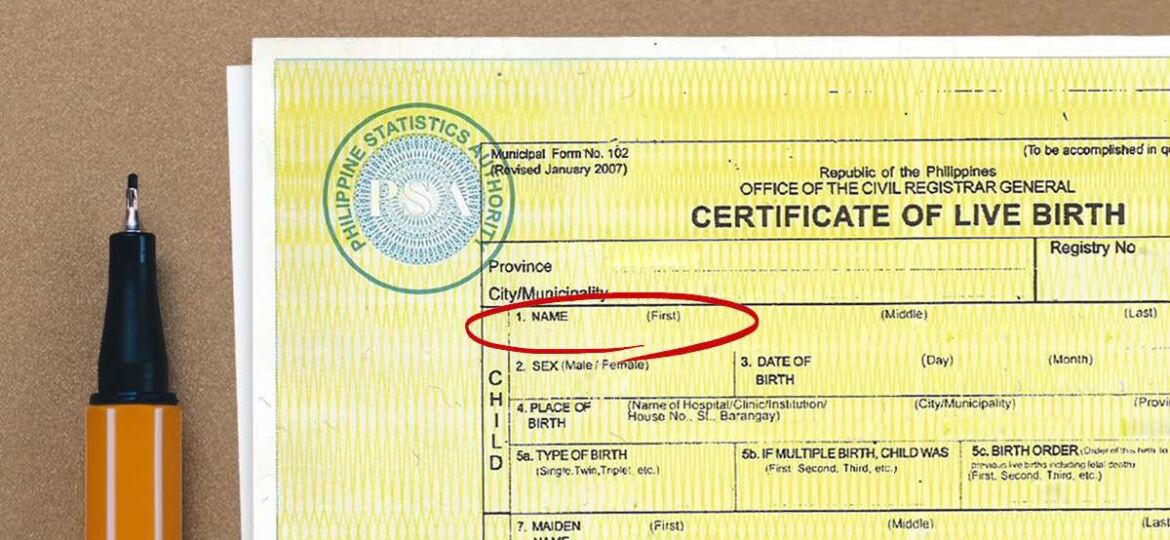
Inaccuracies in civil registry entries can pose challenges and difficulties for individuals in obtaining crucial documents. Fortunately, the Philippine legal framework offers a solution through the Petition for Correction of Entries in the Civil Registry. In this blog, we aim to present a thorough guide on the legal basis and step-by-step process for correcting civil registry entries in the Philippines.
What is Republic Act No. 9048 as amended by R.A. 10172?
Republic Act No. 9048, also known as the “Clerical Error Law,” is an act that authorizes the City or Municipal Civil Registrar or the Consul General to correct clerical or typographical errors in civil registry documents, as well as change a person’s first name or nickname.
What are the cases that can be corrected or changed under R.A. 9048?
- Clerical or typographical error:
- Change of first name or nickname;
- The day and month is the date of birth; and
- Sex of a person where it is patently clear that there was a clerical or typographical error.[1]
What are the grounds for change of first name or nickname?
- The petitioner finds the first name or nickname to be ridiculous, tainted with dishonor or extremely difficult to write or pronounce;
- The new first name or nickname has been habitually and continuously used by the petitioner and he has been publicly known by that first name or nickname in the community; or
- The change will avoid confusion. [2]
Is sex reassignment a ground for change of first name under R.A. 9048?
No. By express provision of the said law, no correction, much less change of first name, shall be made on the nationality, age, status or sex of a person. The reason is because a correction in the civil registry involving the change of sex is not a mere clerical or typographical error.[3]
What if the petition for change of first name is grounded that a person is suffering from congenital adrenal hyperplasia (CAH)?
The court can grant the petition. According to the Court, this condition causes the early or inappropriate appearance of male characteristics. Where the person is biologically or naturally intersex, the determining factor in his/her gender classification would be what the individual, having reached the age of majority, with good reason thinks of his/her sex. [4]
Where should the petition be filed?
- In the municipality or city where the corresponding civil registry is situated; or
- In the place where such interested person is presently residing or domiciled, where the interested person has already migrated to foreign country or another place in the country, and it would not be practical for such party, in terms of transportation expenses, time and effort to go to the city or municipality where the civil registry is located.
[1] Section 1, R.A. 9048, as amended by R.A. 10172
[2] Id., Sec. 4
[3] Silverio v. Republic, G.R, No 174689, October 22, 2007.
[4] Ibid.


